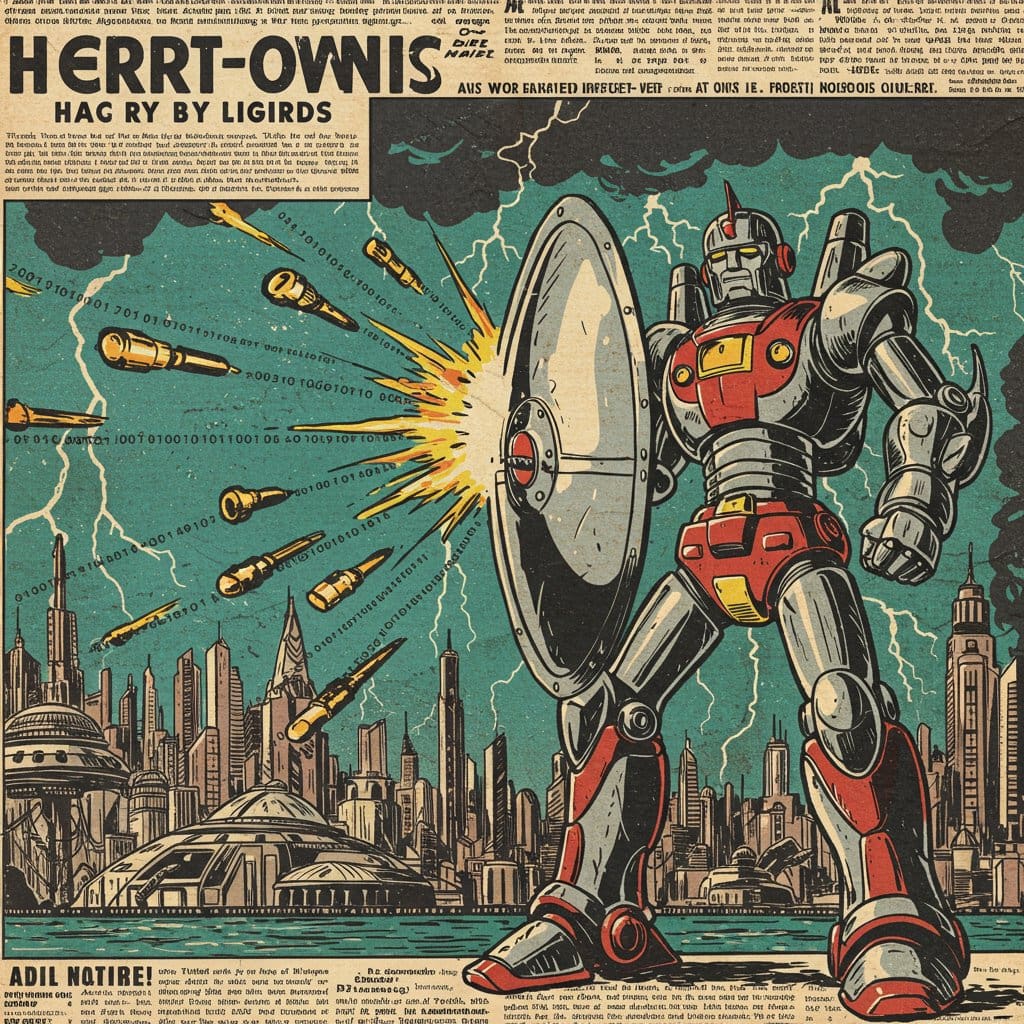UiPath (NYSE: PATH), a leading enterprise automation and AI software company, today announced its new vision and strategic direction centred on the next evolution of enterprise automation – agentic automation.
UiPath, best known for its industry-leading robotic process automation (RPA) technology, is innovating customer automation journeys with agentic automation – a progressive leap from RPA that combines AI agents, robots, people, and models to deliver AI transformation enterprise wide for end-to-end processes. The value of agentic lies in its potential to efficiently tackle the long tail of complex and differentiated use cases across industries, while offering previously unseen potential for customisation, adaptability, and cost-savings.
Agentic automation will use both robots and agents to complete work tasks. Robots are best for automating repetitive and rule-based tasks, improving efficiency, and reducing manual effort, while agents are best at adapting to changes, making intelligent decisions, and handling complex and dynamic processes. The combination of robots and agents extends the scope and impact of automation, unlocking business growth and empowering employees to focus on higher-value work. Agents complete critical business processes and tasks that were not previously possible to automate due to their ability to act independently and make dynamic decisions.
“Agentic automation is the natural evolution of RPA,” said Daniel Dines, Founder and CEO. “Since our inception, we have helped our customers revolutionise their businesses by emulating humans through robotic process automation. Now, we’re advancing enterprise automation with agents, allowing customers to automate entire end-to-end processes and orchestrate workflows seamlessly. The result is more substantial business outcomes, greater productivity, and more customer-facing direct benefits from automation.”
Agents can make use of the millions of automations developed by UiPath customers and leverage the same ecosystem of tools that enables these automations to integrate reliably with thousands of enterprise business applications. Agents benefit from the governance and control provided by the UiPath Platform and the precision-oriented robots that perform with high reliability as well as human-in-the-loop capabilities for critical decisions.
Maximising the value of agentic workflows requires orchestration between agents, robots, humans, and models, but the complexity of integrating often-unpredictable models into business-critical workflows can be challenging. UiPath will address these challenges with agentic orchestration: a process that enables the design, implementation, operation, monitoring, and optimisation of complex business processes from start to finish. Customers can manage the end-to-end process lifecycle—automation, intelligent process insights, modelling, monitoring, and management—all in one platform, allowing automation, AI agents, and humans to work together for better outcomes.
By understanding all roles and responsibilities in workflows, agentic orchestration can ensure compliance and deterministic outcomes with the dynamic adaptability allowed by agents.
“Agentic automation will rapidly become the primary mechanism to converge AI with rules-based technologies to automate and augment knowledge work,” said Maureen Fleming at IDC. “The combination of GenAI and AI agents represent the first-time knowledge workers will meaningfully gain the benefits of business automation to help them do their jobs, creating the next level of value from automation across enterprises.”
UiPath has announced a preview of Agent Builder™, a tool for automation developers to build, evaluate, and publish enterprise agents that work cooperatively with robots on UiPath’s automation platform. Agent Builder is part of the UiPath Studio family of developer tools, meaning developers can use Studio to develop and deploy workflows and apps that work with agents.
Agent Builder will allow users to build agents, either from scratch or from a pre-built agent in the UiPath Agent Catalog, that work in tandem with robots and humans. Customers will also be able to include third-party agents in their agentic workflows if they choose.
“Agents allow anyone to handle more complex tasks and brand-new scenarios, which provides tremendous value to our customers,” said Graham Sheldon, Chief Product Officer at UiPath. “Providing customers with the ability to build their own specialised agents in a simple, low-code integrated development environment or a pre-built template makes it easy for them to automate new use cases, avoid costs, and stay ahead of competitors.”
Agent Builder is expected to be available for preview across the UiPath community in December 2024. All users are encouraged to register for the preview here.
Autopilot For Everyone Now Available and Free to Start
UiPath also announced the launch of Autopilot for everyone – a cross-platform, GenAI conversational agent that helps every employee enhance productivity at work. Autopilot for everyone allows end users to take full advantage of UiPath’s agents and workflow automations, enabling any employee, regardless of technical ability, to complete complex tasks ranging from getting answers grounded with their own organisation’s data, analysing documents, automating copy-paste into apps, and running automations. Autopilot for everyone provides an intuitive LLM-based conversational experience, customisable prompts, vast automation libraries, and leverages specialised AI models for specific tasks such as document understanding and semantic copy-paste.
Customers also benefit from UiPath security and governance: Autopilot is built on the UiPath AI Trust Layer that enables organisations to easily manage and govern the rollout and data usage of AI models. It is a cross-platform solution that works on both Windows and Mac.
“At UiPath, we believe strongly in the democratisation of this type of technology because we’ve seen firsthand how valuable it is for our customers,” said Sheldon. “We’re excited to help break down barriers to widespread agentic automation adoption so that everyone can take advantage of the numerous benefits that Autopilot brings to everyday work.”




